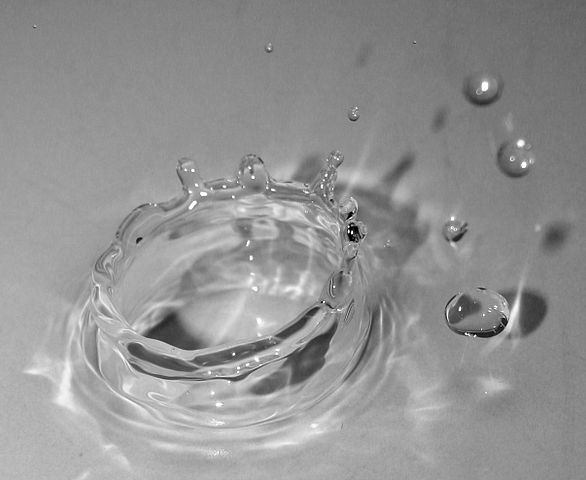Don’t handle others’ food if you’re ill
You shouldn’t handle food for others if you are ill with stomach problems, such as diarrhoea or vomiting or you have any uncovered sores or cuts, as you could spread harmful bacteria and viruses.
You shouldn’t handle food for others if you are ill with stomach problems, such as diarrhoea or vomiting or you have any uncovered sores or cuts, as you could spread harmful bacteria and viruses.
It’s important that you’re clean when handling food. Wash your hands with soap and warm water, particularly after going to the toilet or changing a baby’s nappy, before preparing food, after handling raw food and after touching bins or pets.
A food’s appearance and smell aren’t a reliable way of telling if it’s safe to eat. Instead, follow the food’s “use by” date and the storage instructions on the packet.
The Food Standards Agency recommends remembering the “four Cs” to prevent food poisoning: Clean, Cook, Chill, and (avoid) Cross-contamination, to ensure you maintain high standards of personal and food hygiene when storing, handling and preparing food.
Foods particularly susceptible to contamination if not handled, stored or cooked properly include: raw meat and poultry, raw eggs, raw shellfish, unpasteurised milk, and “ready-to-eat” foods such as cooked sliced meats, pâté, soft cheeses and pre-packed sandwiches.
Food can become contaminated by: not cooking it thoroughly (particularly meat), not correctly storing food that needs to be chilled at below 5°C, not sufficiently reheating previously cooked food, and eating food that has passed its “use by” date.
If you have food poisoning, you should contact your GP if your symptoms are severe or don’t start to improve after a few days, you have symptoms of severe dehydration, if you’re pregnant or are over 60.
If you’re recovering from food poisoning, eat when you feel up to it, but try small, light meals at first and stick to bland foods, such as toast, crackers, bananas and rice, until you begin to feel better.

Most people with food poisoning recover at home and don’t need any specific treatment. Until you feel better, rest and drink fluids to prevent dehydration. Try to drink plenty of water, even if you can only sip it.
The symptoms of food poisoning usually begin within one to two days of eating contaminated food, although they may start at any point between a few hours and several weeks later. In most cases they will pass in a few days and you will make a full recovery.